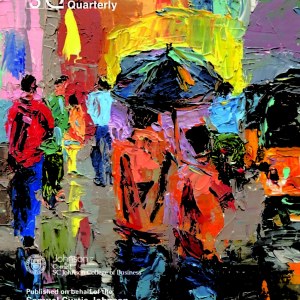
Georgallis, P., Dowell, G. and Durand, R. (2019). Shine on me: Industry coherence and policy support for emerging industries Administrative Science Quarterly, 64(3):503--541.
-
Affiliated author
-
Publication year2019
-
JournalAdministrative Science Quarterly
It has long been recognized that government support can catalyze the emergence and growth of new industries. But under what conditions does an emergent category of organizations come to receive state support in the first place? In this paper, we theorize how government support for a nascent industry is jointly determined by the industry's internal features and external forces. We test our arguments by analyzing feed-in-tariff policies for the emergent solar photovoltaics (PV) industry in 28 European countries over more than two decades. We find that feed-in-tariffs were more likely in countries with greater numbers of solar PV producers and in countries where the industry was more coherent, containing fewer producers coming from industries with a contrasting identity. Further, we find that the concentration of the incumbent energy sector enhances the effect of the number of producers on policy support when the industry is coherent, but not when it is incoherent. Our results shed new light on the relationship between public policy and industry category emergence, and extend our understanding of how new industries can attain valuable state support while operating in seemingly hostile environments.